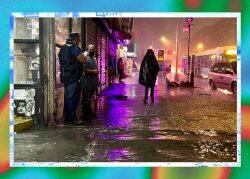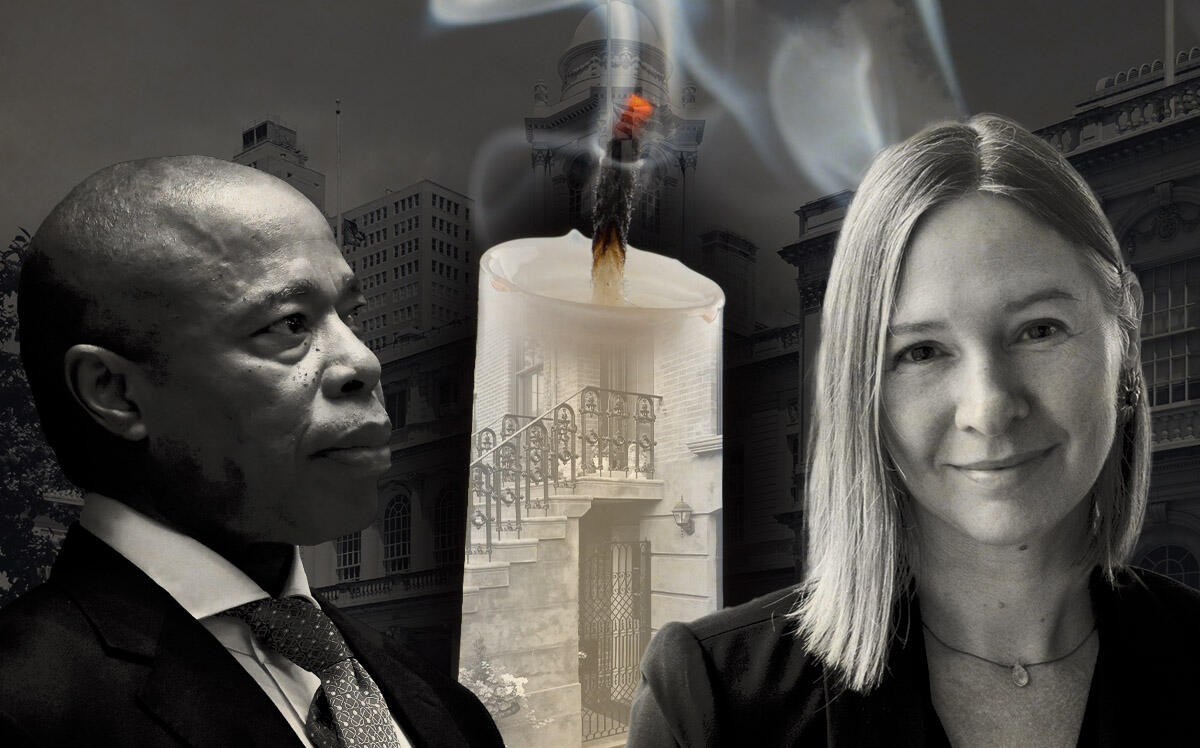Only five of 800 basement apartment owners who expressed interest in a program to legalize those units ultimately participated, city officials said Tuesday.
The main reasons were cost and zoning that made converting basement units infeasible.
The pandemic further complicated such efforts, said Kim Darga, a deputy commissioner at the Department of Housing Preservation and Development.
Addressing the City Council’s Committee on Housing and Buildings, Darga said the city’s 2019 pilot program in East New York underscored the need for state action on basement dwellings. The city can only do so much to make conversions easier by altering building and zoning rules, as the state’s multiple dwelling law stands in the way of many projects.
Darga said the state law can double the cost of converting a basement apartment, a process that already costs tens of thousands of dollars. A conversion in a multiple dwelling can run up to $500,000, she said.
Read more


A state bill introduced last year by Sen. Brian Kavanagh and Assembly member Harvey Epstein would let the city create a pathway for building owners to bring their illegal units up to code, without interference from the multiple dwelling law.
The measure authorizes the city to create an amnesty program for existing basement and cellar apartments to avoid racking up building and zoning code violations during conversion. It did not pass.
Gov. Kathy Hochul expressed support for a similar measure in her state of the state address this month. Last year she called for legalization of accessory dwelling units statewide, but dropped the proposal when critics complained that it thwarted local control over zoning.

Brian Kavanagh (New York State Senate)
The Kavanagh and Epstein bill does not include the legalization of other accessory dwelling units. It also leaves out good cause eviction provisions that were included in an earlier measure that would have required localities to legalize accessory dwelling units. A representative for the Legal Aid Society testified on Tuesday that the state’s latest bill should include those tenant protections.
Epstein testified about the importance of creating a path for owners to bring their units up to code to avoid “preventable tragedies.” During Hurricane Ida, a dozen New Yorkers drowned in flooded basements.

In the East New York pilot, Darga said, one property owner has closed on financing for a basement conversion and another four are working to get their plans approved. The Adams administration is calling on the state legislature to waive aspects of the multiple dwelling law to facilitate conversions, and to amend loan authorities so HPD “can provide sufficient financing to make basement legalization possible for low- and moderate-income homeowners,” Darga said.
The pilot program was not a complete failure, as it gave the city a clearer picture of the complexities of converting basement and cellar apartments. In addition to state-level action, the city needs to change its building code. Alterations made for the city’s pilot program expired in June 2021.
